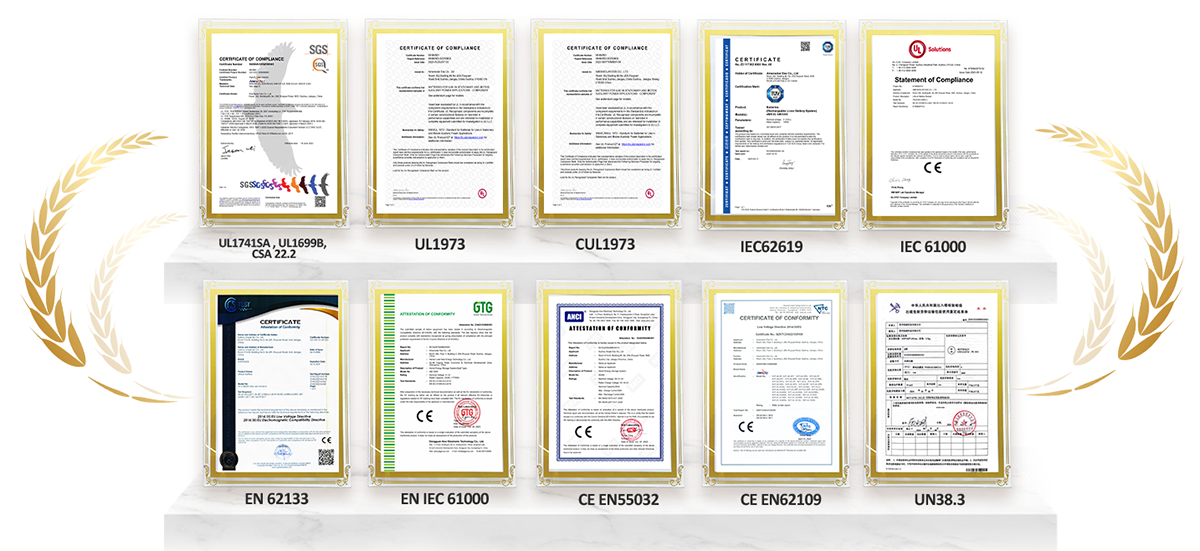Registering a Net Metering System in California: What Requirements Do Inverters Need to Meet?
In California, when registering a Net Metering system, solar inverters must meet several certification requirements to ensure safety, compatibility, and compliance with local utility standards. Specifically, inverters need to meet the following key certification requirements:
1. UL 1741 Certification
- UL 1741 is the fundamental safety standard for solar inverters in the U.S., ensuring that the inverter is safe to operate and does not pose risks such as electric shock or fire. This certification ensures that inverters can safely interact with the grid and meet various safety protection requirements.
- Inverters must also be certified under UL 1741 SA (Standard for Inverters, Converters, Controllers, and Interconnection System Equipment for Use With Distributed Energy Resources), which ensures that the inverter can safely connect to the grid and comply with requirements like load shifting and voltage regulation.
- CA Rule 21 is a California state requirement that governs the interconnection of distributed energy systems (such as solar systems) with the electric grid. According to this rule, inverters must support grid-interactive functions, including dynamic power regulation, frequency control, and voltage regulation as required by the utility.
- The inverter must also have an intelligent communication interface that allows utilities to monitor and control the system remotely.
- IEEE 1547 is a standard for interconnecting distributed energy resources with the electrical grid. It specifies technical requirements for inverters, including grid connection, disconnection protection, frequency tolerance, and voltage fluctuations.
- Inverters must comply with IEEE 1547-2018 to ensure that they disconnect from the grid when necessary (e.g., during grid disturbances) to protect both the grid and user equipment.
- If the solar inverter includes wireless communication features (e.g., Wi-Fi, Bluetooth, or Zigbee), it must also be certified under FCC Part 15 to ensure that the inverter’s radio frequencies do not interfere with other devices.
- In addition to the above technical standards, California’s major utilities (such as PG&E, SCE, and SDG&E) have their own specific testing and approval processes for inverters. This usually includes inverter grid connection testing and ensuring compliance with utility-specific system requirements.
2. CA Rule 21 Certification
3. IEEE 1547 Standard
4. FCC Certification (Radio Frequency)
5. Utility-Specific Requirements
To register a Net Metering system in California, the hybrid inverter must meet the following certification requirements:
- UL 1741 (including UL 1741 SA) certification.
- CA Rule 21 certification to comply with California utilities’ grid interaction requirements.
- IEEE 1547 standard to ensure proper grid response.
- FCC Part 15 certification if the inverter has wireless communication capabilities.
- Compliance with testing and system requirements set by California utilities (e.g., PG&E, SCE, SDG&E).
AMENSOLAR hybrid split phase inverter meet these certifications ensure that the system is safe, reliable, and grid-compliant, meet the requirements for California’s Net Metering programs.
Post time: Dec-20-2024









